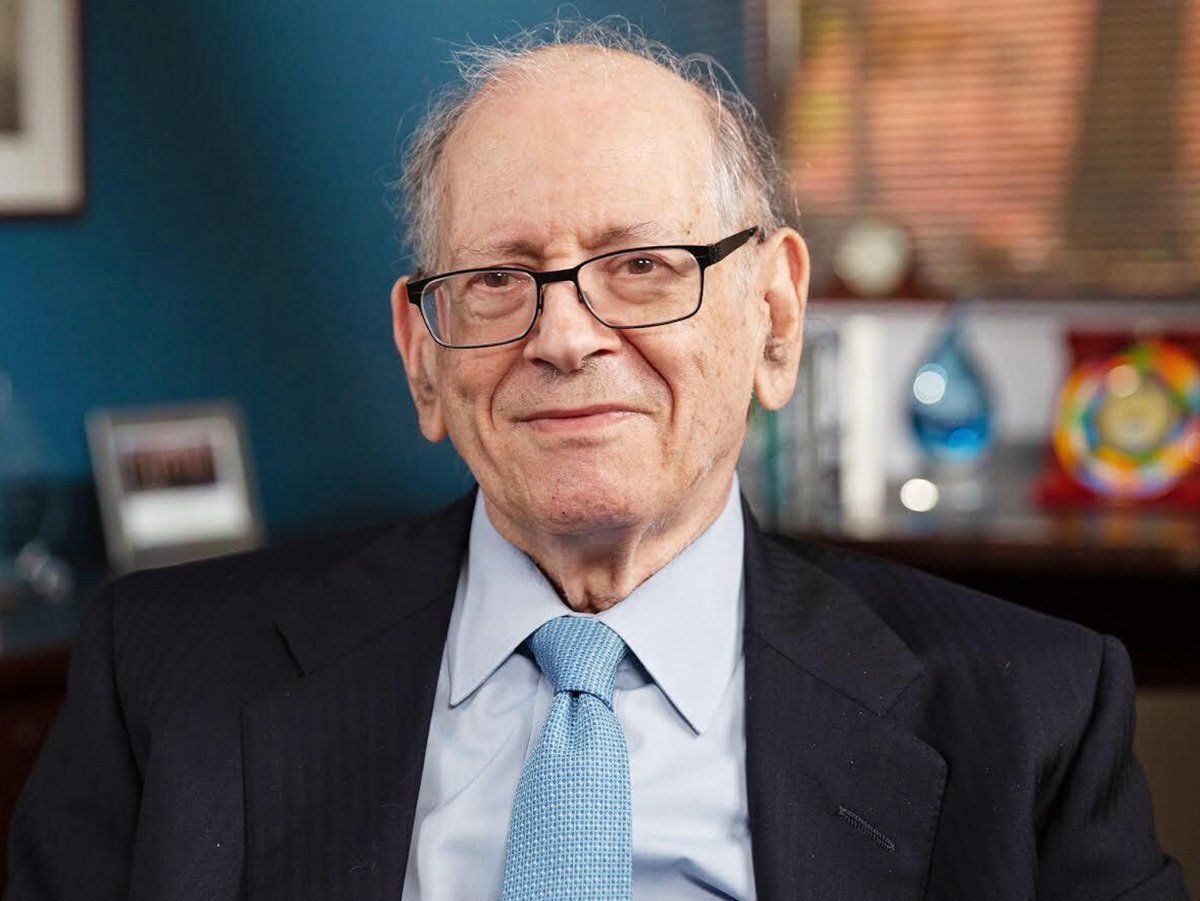IEEE Life Fellow Robert E. Kahn, widely known as one of the “fathers of the Internet,” is the recipient of the 2024 IEEE Medal of Honor. He is being recognized for “pioneering technical and leadership contributions in packet communication technologies and foundations of the Internet.”
The IEEE Foundation sponsors the annual award.
While working as a program manager in the U.S. Defense Advanced Research Projects Agency’s information processing techniques office in 1973, Kahn and IEEE Life Fellow Vint Cerf designed the Transmission Control Protocol and the Internet Protocol. The TCP manages data packets sent over the Internet, making sure they don’t get lost, are received in the proper order, and are reassembled at their destination correctly. The IP manages the addressing and forwarding of data to and from its proper destinations. Together they make up the Internet’s core architecture and enable computers to connect and exchange information.
“Bob Kahn’s contributions to the lifestyle, commerce, and culture of modern society are extensive and unequaled,” said one of the endorsers of the award. “It was his leadership and dedicated efforts in the application of the packet network concept that led to the development of the Internet, which has become indispensable to our society.”
Kahn is president and CEO of the Corporation for National Research Initiatives, which he founded in 1986. The nonprofit, based in Reston, Va., undertakes, fosters, and promotes research in the strategic development of network-based information technologies. It also provides leadership and funding for information infrastructure research and development.
A fruitful career at DARPA
Kahn began working in computer networking in 1966 when he joined Bolt Beranek and Newman (BBN) in Cambridge, Mass. There he was responsible for the system design of the ARPANET, the first packet-switched network. The project, funded by the Advanced Research Projects Agency Network, was the precursor to the Internet. (ARPA is now known as DARPA.)
It was during that time that he met Cerf, who helped write ARPANET’s communication protocol.
In 1972 Kahn left BBN to become a program manager in DARPA’s information processing techniques office, which invested in computer hardware and software research. He continued to work on the ARPANET and organized the first public demonstration of the network at the 1972 International Conference on Computer Communications, held in Washington, D.C.
Khan soon after conceived the idea of open-architecture networking. In March 1973 he recruited Cerf to help him make his idea into reality. At the time, Cerf was an assistant professor of computer science and electrical engineering at Stanford.
It took the two of them six months to flesh out what they called the TCP, which provides networks with end-to-end reliability, error recovery, and congestion control. The TCP introduced the concept of IP addresses.
After a decade of testing, the protocol suite was officially adopted by the ARPANET in 1983.
That same year Kahn was promoted to director of the information processing techniques office. He launched several initiatives including the U.S. government’s Strategic Computing Program. It funded the development and implementation of multiprocessor computer architectures with major investments in natural language processing, speech understanding, image understanding, and expert systems.
After 13 years at DARPA, Kahn left the organization in 1986 to launch the Corporation for National Research Initiatives.
Together with Cerf, Kahn in 1992 founded the Internet Society, a nonprofit organization that helps set technical standards, develops Internet infrastructure, and advises policymakers.
Kahn has received several recognitions for his work, including the 2004 Turing Award from the Association for Computing Machinery. He also received the 1997 IEEE Alexander Graham Bell Medal together with Cerf.
This article appears in the March 2024 print issue.
Joanna Goodrich is the associate editor of The Institute, covering the work and accomplishments of IEEE members and IEEE and technology-related events. She has a master's degree in health communications from Rutgers University, in New Brunswick, N.J.



